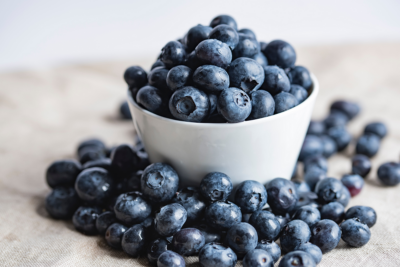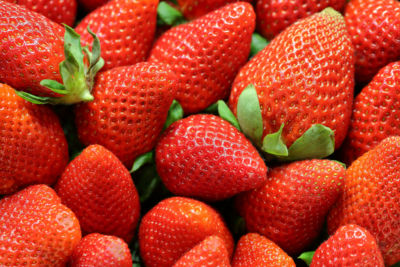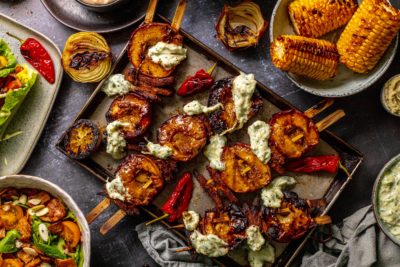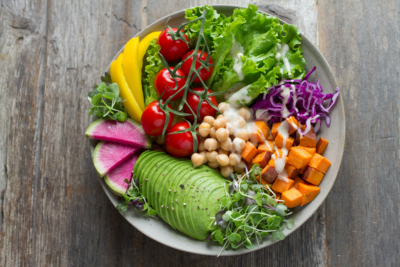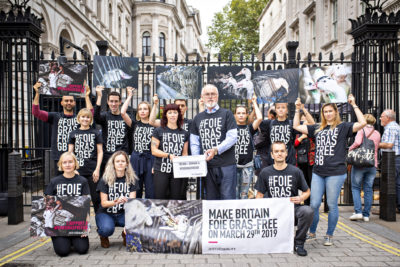A recent survey finds 49.3% of meat-eaters in the US would ditch meat if faced with the brutality of killing their own food.
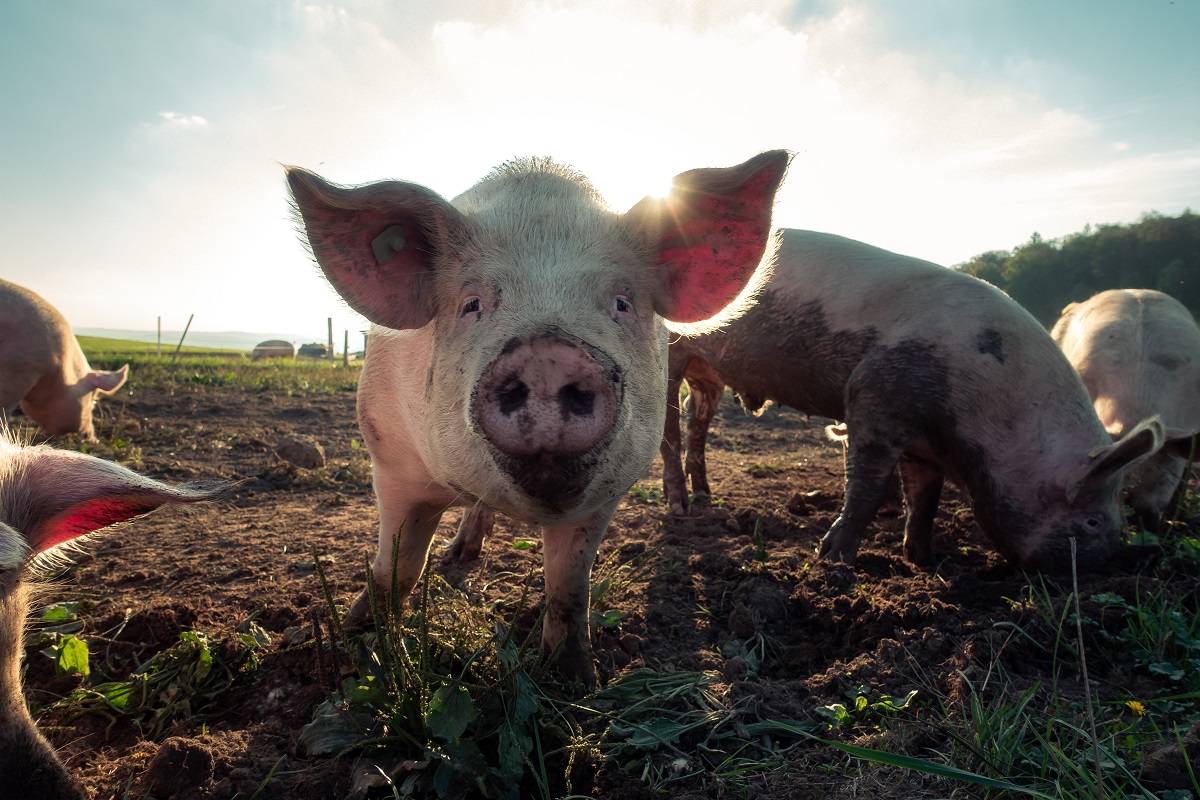
Whilst many meat-eaters may claim to be willing to hunt and kill the animals that end up on their dinner plates, a recent poll by Cherry Digital, an international PR company, found that almost half of Americans polled in the survey (2,500 participants) would opt to go meat-less if forced to face the harsh reality of killing their food prior to cooking.
Yet, estimated figures of vegetarians and vegans amongst the population in North America remain as low as 7%, quite the paradox! What’s going on here, and how can we begin to explain the difference?
Wilfully Blind to Cruelty
When we examine the reasoning behind such contrasting data, the first point of reference is the effect of normalising mass industrial animal farming, slaughter and processing on society and shoppers.
Thanks to large-scale farming, consumers of meat are disconnected from the life of the animal they are eating. They fail to comprehend the gross mistreatment and cruelty that the animal, now butchered and wrapped neatly in plastic packaging, has endured during its growth.
Somewhere along the production line, thoughts of horrific slaughter and the premature death of these living creatures are lost, and products are bought and cooked by shoppers willingly, with little consideration of how their meat came to be produced.
This hidden truth raises a strong argument for the belief that consumers become wilfully blind to the harsh reality of the meat industry. In a recent paper entitled “The Conceptual Separation of Food and Animals in Childhood”, scientists argue that the media and society in general help influence us from an early age.
TV, films and advertising help in the process of normalising animal consumption, and separate our childhood compassion for our fellow beings from the meat that is consumed in conventional diets. We have momentarily lost touch with the food on our plates. Luckily, the very same media that once helped normalise meat consumption may be about to cause mass consumer insight.
The Future is Transparent
Despite the seemingly low prevalence of vegetarian and vegan diets in the US, on a global scale, trends towards compassion are becoming more prominent.
Awareness is spreading, as documentaries highlight the importance of consumer transparency and knowledge when it comes to buying meat and animal products.
Given the expanding range of insight into the workings of animal agriculture, it is hoped that buyers will be able to make a more informed decision when it comes to purchasing meat in the future, and instead, opt for a cruelty-free and plant-based alternative. Just because an animal is slaughtered by another individual, doesn’t mean the consumer removes their personal responsibility for that animal’s life.
Adopting a vegan diet is the best way to ensure harmful practices, and it’s a lot easier than you think. Why not sign up to our pledge here today?



